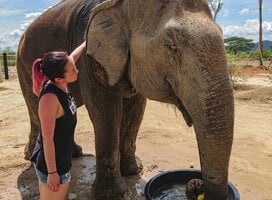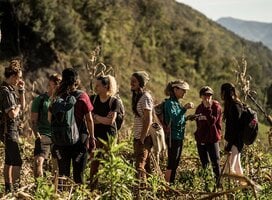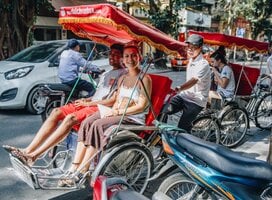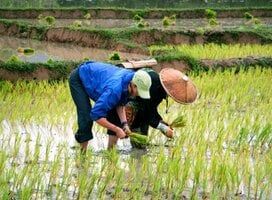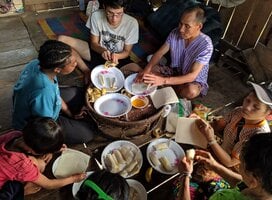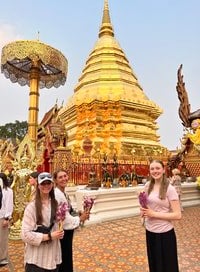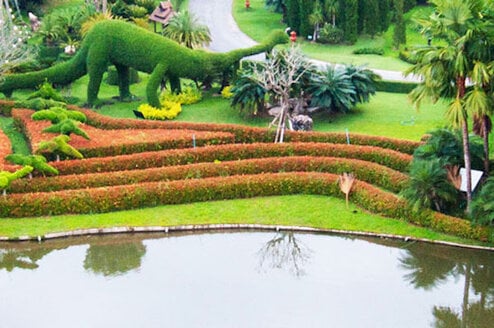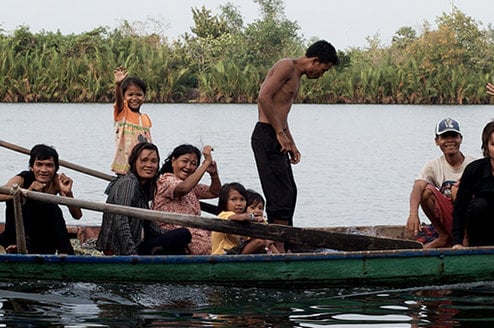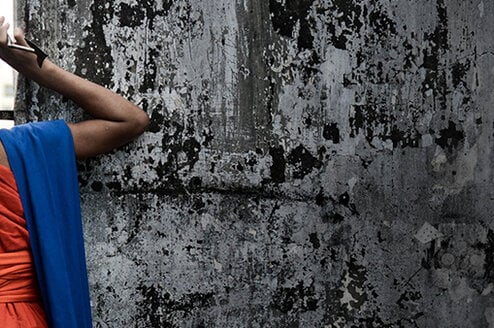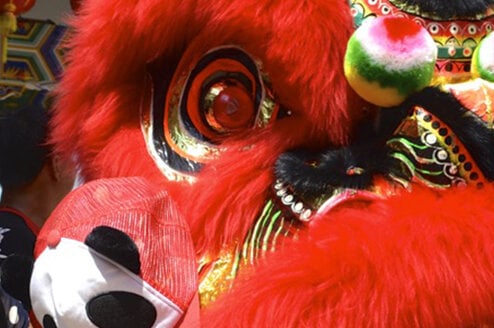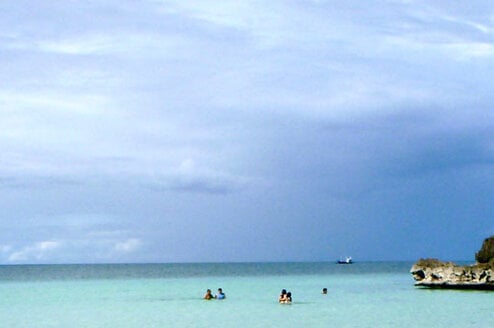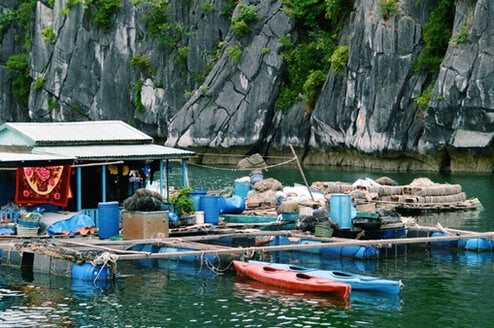Gap Year Programs in Thailand
From Bangkok’s architectural marvels (a wonderful clashing of modern and ancient beauty) to the Hin Phoeng rapids in Khao Yai National Park, Thailand is an ideal destination to spend a gap year.
With its tropical landscapes and vibrant culture, it will challenge you to broaden your mind. Considered a jewel of Southeast Asia, Thailand will take your breath away and provide you with incredible stories for back home. Imagine telling your friends about the day you meditated in a Buddhist temple. Then free dived in the waters of Koh Tao, where you saw the giant leathery fins of a Hawksbill Turtle. If so much can happen in one day, then don’t waste a minute of it!
Taking a gap year in Thailand is advantageous because individual programs are usually short. A gap year allows for a multitude of experiences and allows you to participate in many different fields. If you're looking to learn new skills, travel, get out of your comfort zone, or work in a different country, a gap year in Thailand is perfect for you.
Thailand offers a wide variety of great gap year programs to get involved in:
Teaching & Volunteering
Thailand is not without its luxuries, but there’s still a large demand for foreign volunteers to help in a variety of capacities. There is a strong need for teachers in public health, sex safety, English, and a wide variety of other subjects. Volunteer teaching programs are available and can vary from as little as 2 weeks to a full year. Most volunteer programs in Thailand range from 2 weeks to 3 months.
There are also paid teaching jobs that can give you work experience and money to live and travel during your gap year in Thailand. Teaching usually requires about 10-20 hours per week. That might not sound like much, but you’d want to do a bit of preparation because 10-20 hours with a bustling group of children can be quite intensive. While you may doubt your ability to make a true difference in such a short period of time, your skills and value will be of greater help than you may currently know.
Read more: The Best Volunteer Abroad Programs in Thailand
Traveling
Traveling around Thailand is one of the best and relatively most comfortable in the whole Southeast Asian region. Buses are usually newer and nicer to travel around than in Cambodia and Laos. Trains have three classes for you to choose from depending on the budget and comfort you wish to travel in. There are several domestic flights to choose from for those with a bit more money to spend on transport. Some journeys are much better done when flying, but sometimes you lose on the beauty you never get to see unless you stare through your bus or train window.
Thailand has it all, from tropical beaches to amazing mountains and fantastic rural landscapes. Whatever takes your fancy, you can be sure to find it here.
Adventure Travel
Adventure traveling in Thailand will see you practice Muay Thai, scuba dive, and snorkel the turquoise waters, trek across mountains, swing in the trees in zip line parks, stay and experience the life of Thailand’s local tribes, and many more. If you hate being tied to one place and have a big heart, then adventure traveling in Thailand is perfect for you.
You can do it all on your own or chose one of the many adventure programs that take you across Southeast Asia, giving you a glimpse of the entire region. Do your research and choose what suits you best to make sure you have the time of your life.
Internships
Thailand’s diverse availability of internships makes it hard to choose just one. From medical work to becoming a trained scuba diver, Thailand offers many exciting opportunities. The advantage of taking a gap year is that you can take advantage of many internships. Internships are variable; some do not pay, some will cost you, and others will pay decently.
Cost of Living in Thailand
Thailand is the most visited country in Southeast Asia. Aside from its beautiful beaches and fascinating culture, travelers enjoy how inexpensive it is. For example, you can have a wild night in Bangkok for less than the cost of a decent meal in London!
The unit of currency in Thailand is Thai Baht (THB): 1 baht is divided into 100 satang. Banknotes are in denominations of 1,000 (brown), 500 (purple), 100 (red), 50 (blue), 20 (green) and 10 (brown) baht. Coins consist of 25 satang, 50 satang, 1 baht, 5 baht, and 10 baht.
As far as food is concerned, most visitors can afford to eat out as often as they want to. Getting around is also relatively cheap. Just make sure your taxi driver puts on the meter.
You can easily find affordable housing in guest house accommodation or outside of major city centers.
Tourist attractions are a bit more expensive but still relatively cheap compared to any European or American destinations. More “Westernized” and commercial destinations such as Phuket, Koh Phi Phi, or Koh Samui will almost always be significantly more expensive than places like Koh Tao and Koh Chang Archipelago.
Gap Year Programs in Thailand
Pagination
What People Are Saying
Related Gap Year Articles
Frequently Asked Questions
-
What are the benefits of a gap year in Thailand?
A gap year in Thailand is a great way to experience both modern and ancient architectural marvels, see stunning natural parks and beaches, and gain insight into the culture that calls this tropical landscape home. While immersing yourself in the culture, there are many opportunities to dedicate time to serve during your gap experience in Thailand, so you can give back to the communities that welcome you.
-
How much does it cost to live in Thailand for a year?
Thailand has a very affordable cost of living, with a budget of between USD 1500-2000 a month being enough for a comfortable living. Thailand is an excellent destination for those looking for a relatively low-cost gap year in a tropical climate.
-
What kind of visa do I need for a gap year in Thailand?
Citizens with valid passports from Countries listed for a ‘visa exemption and visa on arrival’ are not required to have a visa to enter Thailand for 30 days or less. For extended stays, there are several visas you can apply for depending on your circumstances. Visit the Royal Thai Embassy website to apply.
-
What are the most popular types of gap year programs in Thailand?
There are many volunteer programs in Thailand, as well as programs focused on cultural immersion and service-learning. Thailand has immense natural beauty, so many travelers find themselves partaking in adventurous activities during their gap experience.
